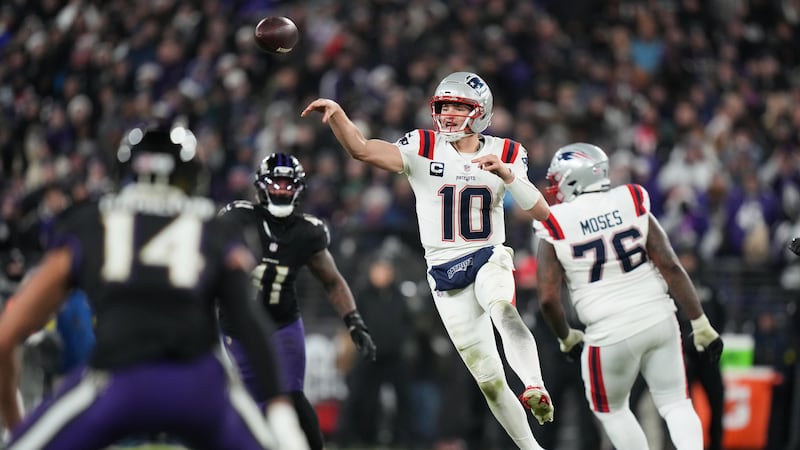BOSTON — Massachusetts Governor Charlie Baker announced on Thursday his plans to legalize sports betting in the state.
According to his office, the proposal would use existing regulation for gaming licensing in Mass., meaning the Massachusetts Gaming Commission would be in charge overseeing the betting and participants would have to be 21 or older to wager on professional sports.
“Expanding Massachusetts’ developing gaming industry to include wagering on professional sports is an opportunity for Massachusetts to invest in local aid while remaining competitive with many other states pursuing similar regulations,” said Governor Baker. “Our legislation puts forth a series of commonsense proposals to ensure potential licensees are thoroughly vetted and safeguards are in place to protect against problem gambling and illegal activity. We look forward to working with our colleagues in the Legislature to pass this bill into law.”
“Over the last seven years, the Massachusetts gaming industry has grown into an economic driver for thousands of jobs associated with construction, hospitality and tourism,” said Lt. Governor Polito. “The Massachusetts Gaming Commission has developed a comprehensive set of regulations and passing this bill into law will allow the proper oversight of the industry’s next chapter in addition to providing critical support to the Commonwealth’s cities and towns.”
The Baker-Polito Administration's proposal would allow MGC to issue newly-created sport wagering licences to Category1 and 2 licensees.
A current gaming license will be required in order to operate an online sports betting site. Holders of newly-created gaming licenses would also be able to provide sports wagering online, or contract with an entity to provide the service.
The MGC requires online-only operators to be fully qualified and licensed as a sports wagering licensee under current regulations.
The application fee for an initial license is currently set at $100,000 under this proposal. Applicants will have to renew their licenses every 5 years for a fee of no less than $500,000.
In person sports wagering licensees would pay a tax rate of 10 percent and online wagering licensees would pay a rate of 12.5 percent. A 12.5 percent tax would also be applied to daily fantasy sports contests, which are currently untaxed.
The administration estimates the proposal would bring in about $35 million in revenue for the 2020 fiscal year, which will benefit all 351 cities and towns across the state.
"If we didn’t do this for a long time, we would certainly start to look pretty behind the times," Baker said. "We expect and anticipate that this is something that’s coming, and we wanted to put a marker down at start of the legislative session."
Similar to the Commonwealth’s current regulations governing daily fantasy sports, wagers would not be permitted on high school, collegiate or amateur events.
In November, Rhode Island became the first state in New England to allow wagers on games when Twin River Casino took the first bets.
"Massachusetts is trying to make sure that it's not losing out on revenue to New Jersey or even closer places like Rhode Island, Victor Matheson, economics professor at the College of the Holy Cross, said.
While Baker anticipates the $35 million in revenue in 2020, Matheson expects such revenues from casinos to be minimal. The real money, he says, lies elsewhere.
"If some point down the line we had internet gaming, there’s talk of, at least some portion of that, as part of this," Matheson said. "Expanded gaming into places like small sports parlors around the state, things like 7 Eleven's or things like bars, then we could have really a lot of impact."
While the state will undoubtedly generate money, Matheson warns gamblers not to expect big winnings.
"Feel free to do this for a couple years and lose the couple thousand dollars you're going to lose, and understand at some point you've got to walk away," Matheson said.
Matheson warns there's one population who could be particularly susceptible to gambling problems of this kind: young male sports fans who think they know more than the casinos that set the lines.
The bill will not allow for high school or college betting.
Cox Media Group





